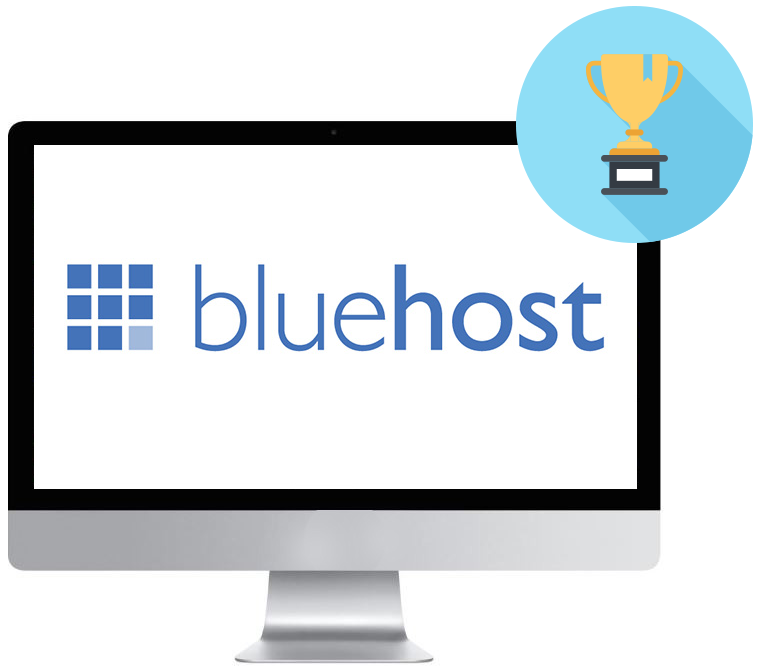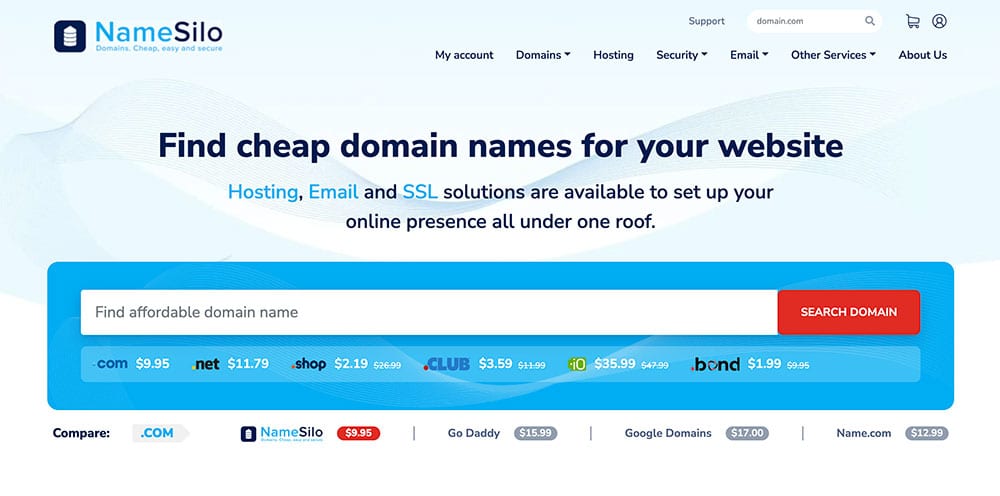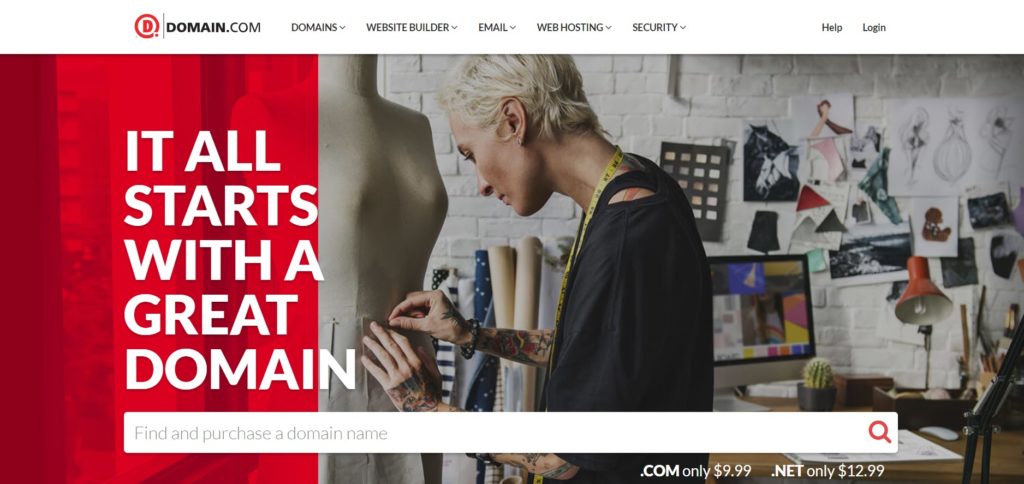Let’s cut to the chase.
For me, .COM wins hands down all the time.
It’s the McDonalds of the domain name world.
Dot Com is more sought after and more credible than any other domain extension.
FACT!!!
Ok, now that’s done, you might want to read the rest of the article which highlights the benefits and uses of having a .US domain extension….
.us and .com domain name extensions are used at the end of website URLs in order to help categorize them.
The domain extension .com is used mostly by commercial businesses all over the world it is called a TLD. ( Top Level Domains )
The .us domain is the country code top-level domain (ccTLD) for the United States of America. It was created in 1985 and is managed by the NeuStar registry.
Many would argue that choosing the right domain name extension is even more important than the domain itself, as it will add instant credibility and align your website with your brand.
After settling on a .us or .com domain name extension, you can then search for the perfect domain name with a top-quality registrar like Bluehost, who offer a free domain name when you buy hosting.
At Bluehost, you’ll find both .us and .com domain extensions and a wide-range of plans with awesome features like free email accounts, SSL certificates, and more.
Alternatively you can get 25% OFF your domain and hosting with Domain.com (use coupon code – Sitehub)
First, however, you need to figure out which type of domain name extension is right for you. To do that, you need to understand their differences.
.Us vs .Com – What’s the Difference Between These Two TLDs?
What Does .Us Mean?
The .us domain is the country code top-level domain (ccTLD) for the United States of America.
It was created in 1985 and is managed by the NeuStar registry.
It is used primarily by individuals, businesses, and organizations based in the United States, and it is often seen as a way to show a connection to the country or to target a specific audience within the country.
However, there are no specific restrictions on who can register a .us domain, and anyone can do so, as long as they meet the eligibility requirements set by the registry.
What Does .COM Mean?
The .com domain extension stands for “company” and is the No.1 premium domain extension. Although businesses commonly use both .com and .us extensions, .com is almost exclusively used by for-profit businesses.
.Com extensions are also more mobile-friendly, allowing them to better capitalize on the continuing mobile trend. However, when searching for the perfect domain name, you’ll find that there are many more .us extensions available to purchase. In fact, competition for a great domain with a .com extension can be fierce.
.Us and .Com Domain Extensions – Comparing the Two
.Us:
• Typically used by – businesses in the USA
• Price – $12+/year
• Availability – Very high; only 1.8 million registered
• Credibility – Very especially for US based companies
.Com:
• Typically used by – All types of for-profit businesses
• Price – $8+/year
• Mobile-friendly – Yes
• Availability – Poor; Nearly 50 percent of websites use a .com domain
• Credibility – Very credible for any type of business/much more credible than .net, .biz, and other alternatives
When Should You Use a .Us Extension?
The .us extension is specifically designed for entities based in the United States or individuals with a substantial connection to the United States.
If you or your business is based in the United States or primarily serves a U.S. audience, using a .us domain extension can help establish credibility and make it clear that you are a U.S.-based entity.
Here are some situations when using a .us extension might be appropriate:
- If you are a U.S.-based business: If your business operates within the United States, using a .us domain extension can help reinforce your brand identity and let customers know that you are a local business.
- If you are a U.S.-based nonprofit organization: Nonprofit organizations in the United States can use the .us domain extension to establish their connection to the United States and to make it clear that they are a legitimate, registered organization.
- If you are a U.S.-based government agency or department: The .us extension can be used by government agencies or departments to indicate that their website is an official government resource.
- If you are a U.S.-based individual or blogger: If you are a U.S. citizen or resident and want to create a personal website or blog, using a .us domain extension can help to establish your connection to the United States and make it clear that your content is geared towards a U.S. audience.
Ultimately, whether or not to use a .us extension depends on your specific situation and goals.
However, if you are a U.S.-based entity or have a strong connection to the United States, using a .us domain extension can help to establish your online presence and reach a U.S. audience.
When Should You Use a .Com Extension?
While .us refers to a “US based entity,” .com refers to ”commercial.”
Therefore, it’s used for the websites of commercial, for-profit companies whose aim is to generate a profit from advertising or selling goods and services.
Since .com websites are generally more trusted by consumers than non-.com or .us websites, most of today’s websites use a .com extension.
Here are the different types of websites that commonly use a .com extension:
• Online Shops and Service Websites
The .com extension is ideal for companies with websites that sell products or services online, offline, or both. It can be used for selling traditional goods and services as well online-only subscription services.
• Blogs
While most blogs don’t sell anything per se and simply link to other websites that do, many of them use .com domain name extensions for added credibility. By using a .com extension for your blog, you’ll place it in the same arena as big, established .com sites, giving it a professional appearance and online presence.
Opting for a cheaper .net, .info, or .biz extension says you don’t take your blog seriously, so why should anyone else? Choosing the right domain for your blog is just as important as choosing the right blogging platform for your blog.
Using a .com domain extension is also really helpful for delivering email newsletter content. Several hosting providers offer free email addresses that will match your domain name and extension, giving you the ability to send and receive mail from “name@yoursite.com” for example. A professional email address adds major credibility to your emails, resulting in higher open rates and greater profit potential.
.Us vs. .Com – What are the Pros and Cons?
.Us Pros and Cons
A .us domain extension is a country code top-level domain that is designed specifically for entities based in the United States or individuals with a substantial connection to the United States.
Here are some of its pros and cons:
Pros:
• More targeted – The .us extension is a great way to show that your website is specifically targeted to the United States audience.
• More credibility – A .us domain can add credibility to your brand by showing that you are a U.S.-based entity.
• More choices – Since .us domains are not as popular as .com domains, there are more available domain names to choose from, giving you a better chance to secure your desired domain name.
Cons:
• Less versatile – While .com domains can be used for any type of website, .us domains are specifically for entities based in the United States, so they are not as versatile.
• Less recognizable – .Us domain extensions are not as well-known or as widely used as .com extensions, so they may not be as recognizable to some audiences.
.Com Pros and Cons
Whether you’re selling something or not, a .com extension can make your site more memorable, credible, and mobile-friendly. Unfortunately, due to their popularity, there are fewer .com domains out there to choose from, and the ones that are available are often more expensive.
Pros:
• More Credible – Thanks to its longtime association with several well-known and respected brands, the .com extension adds credibility to any website using it. Websites using other more widely available domain name extensions like .info and .biz, on the other hand, are viewed as spammy or low-quality by comparison.
• More Searchable – Since the .com extension is used by nearly 50 percent of all business websites across the globe, it’s the first domain name extension people use in their business searches. In other words, people are consumers are more likely to search for perfectpleats.com than perfectpleats.info, perfectpleats.biz, perfectpleats.net, and so on.
More Mobile-Friendly – Since .com extensions are so popular, most mobile devices have a .com button to make typing URLs as quick and easy as possible. No other domain name extensions have these mobile shortcut buttons.
Cons:
• Less Genuine – A .com extension automatically indicates that a website is trying to sell something. Therefore, visitors can feel a sense of bias and like the website is trying to convince them to hit the “Buy” button. This is why blog posts can sometimes seem less authoritative or genuine with a .com extension.
• Less Budget-Friendly – Sure, you can still find some real .com gems out there for $15 or less a year, but these are often few and far between. More often than not, if you want a relevant, catchy .com domain with no hyphens or symbols, you’ll have to pay more for it. Conversely, you’ll find plenty of .info extensions and the like for under $5.
Where to Get Your Domain Name
You can research available domain names and get one with a .us or .com extension at any domain name registrar. I’ve reviewed dozens of today’s most popular registrars to find the best of the best.
Here’s what I found:
Best Domain Name Registrar – Bluehost

Bluehost is a hosting provider and domain name registrar specializing in WordPress sites. Since WordPress is by far the most popular website builder for businesses of all shapes and sizes, this is a good thing.
At Bluehost, you can get a .com domain for $11.99 a year and a .us domain for $8.99. However, you actually don’t even need to pay a thing, because you get a free domain whenever you sign up for a basic hosting plan. At $2.75 a month, it’s a steal of a deal.
Despite being a cheap entry-level plan, it comes with great features like one-click WordPress installs, multiple email accounts, and domain privacy and security. Bluehost servers are also super-fast and reliable, and the company’s customer service is top-ranked as well.
Runners-Up – Domain.com
Domain.com offers a variety of web hosting plans for just about every type of website owner. They offer shared hosting, VPS hosting, WordPress hosting, e-commerce hosting, and more. They also offer an easy-to-use website builder, unlimited disc space, and free domain names for both .us and .com extensions.
The hosting provider and domain registrar doesn’t offer as many plans and flexible pricing options as Bluehost, but it’s a more than serviceable one-stop shop to get your website online fast.
The Basic plan begins at $3.75 a month. With it, you get unlimited disc space and up to 100 email addresses. Next is the Deluxe plan at $6.75 a month, which allows for 250 email addresses and hosting of unlimited domains. For $13.75 a month, the Ultra plan adds unlimited email.
Use coupon code SITEHUB to get a further 25% OFF everything.
Runners-Up – NameSilo

I’ve used NameSilo for years and have always rated their service and pricing. They are one of the true specialists in the domain registration market, as in they focus mainly on domains.
As well as cheap domain extensions, they also offer additional services such as web hosting, SSL certificates and Google Workspace email.
Their domain pricing starts at a very cheap $1.39 and are one of the cheapest domain registrars on the market.
The control panel is a bit dated, but simple to use. It looks a bit 2005, but there’s more to a domain service than a pretty user interface.
NameSilo has a no nonsense pricing structure, with useful features added in each package. These useful add-ons include full access DNS management, free WHOIS privacy, free email forwarding service, domain protection, and domain parking.
Country code top-level domains (ccTLDs) for territories of the United States
- .as – ccTLD for American Samoa
- .gu – ccTLD for Guam
- .mh – ccTLD for Marshall Islands
- .mp – ccTLD for Northern Mariana Islands
- .pr – ccTLD for Puerto Rico
- .um – Deprecated ccTLD for United States Minor Outlying Islands
- .vi – ccTLD for United States Virgin Islands
New generic top-level domains for areas in the United States
- .boston – New gTLD for Boston, Massachusetts
- .miami – New gTLD for Miami, Florida
- .nyc – New gTLD for New York City, New York State
- .vegas – New gTLD for Las Vegas, Nevada
.US vs .COM FAQs
What’s the difference between .us and .com?
The main difference between .us and .com is that .us is the country code top-level domain (ccTLD) for the United States, while .com is a generic top-level domain (gTLD) that is not specific to any country. This means that .us is primarily intended for entities based in the United States or individuals with a substantial connection to the United States, while .com can be used by any individual, business or organization globally.
Can a for-profit business register a .us domain extension?
Yes, for-profit businesses can register a .us domain extension as long as they meet the eligibility requirements set by the registry. These requirements include having a bona fide presence in the United States and meeting the nexus requirement, which means that the domain name must be directly connected to the registrant’s activities in the United States.
Is .us more credible than .com?
Both .us and .com domain extensions can be credible, depending on the context and the nature of the website. A .us domain extension can add credibility to a website that is based in the United States or targeting a U.S. audience, while a .com domain extension is widely recognized and used globally, which can add credibility to any website.
Do .us or .com domain name extensions affect SEO?
The domain name extension itself does not directly affect SEO. However, having a relevant and memorable domain name that reflects your website’s content and purpose can indirectly improve your website’s SEO. Additionally, having a country-specific domain extension such as .us can help to signal to search engines that your website is relevant to users in that country. However, this is just one of many factors that search engines consider when ranking websites in search results.
How can I get a website with a .us or .com extension?
To get a website with a .us or .com extension, you need to choose a hosting provider like Bluehost to select a domain name and hosting plan. Once you do, you can use a drag-n-drop website builder to get your site up and running in no time at all.
.US vs .COM – The Bottom Line
Both .us and .com domain name extensions are added to the end of websites to identify whether or not they represent a non-profit organization or a for-profit business. .us is short for “United states” and .com is short for “.commercial.”
Deciding on the right one will make your site more credible and searchable, which I’m sure you’ll agree, are critical to its success.
To get a domain name with a .us or .com extension, you’ll need to use a reputable domain registrar like Domain.com or Bluehost.
Widely considered one of the best registrars and hosting companies, they offer a variety of affordable, feature-rich hosting plans to get your site off the ground in the blink of an eye.
More Domain Name Related Content
If you want to read more about all things domain names then check out the following guides:
- How To Sell A Domain Name
- How Many Domains Are There?
- How Get A True Valuation of Your Domain Name
- Where To Buy The Cheapest Domain Names
- .net vs .com – Comparison Guide
- .co vs com – Comparison Guide
- io vs com – Comparison Guide
Jamie Spencer
Latest posts by Jamie Spencer (see all)
- 50+ Ways To Advertise Your Business For Free On The Internet – 2024 Guide - April 5, 2024
- How to Start Your Own Podcast - April 2, 2024
- Uber Stats 2024 – All The Numbers & All The Facts - April 2, 2024


